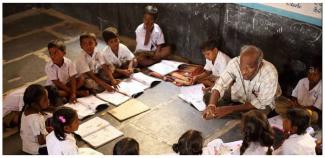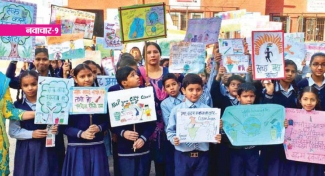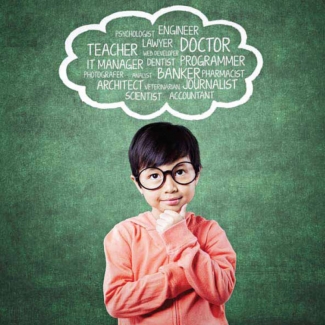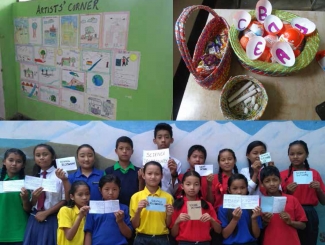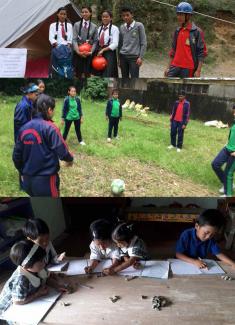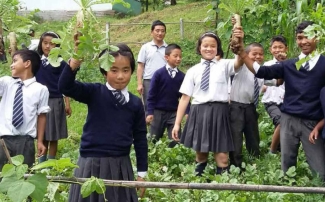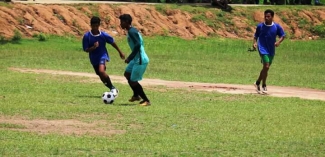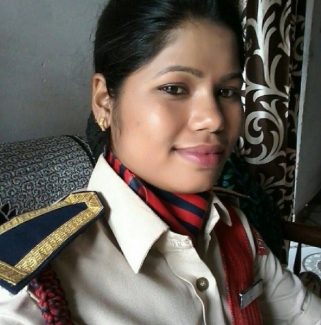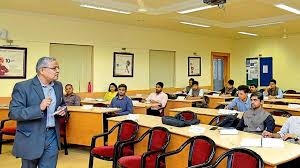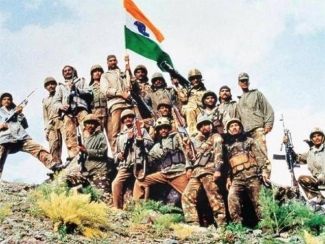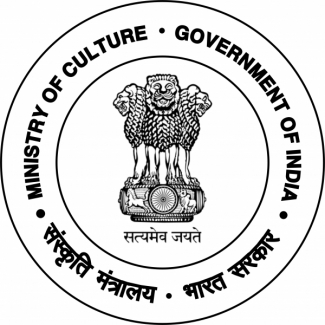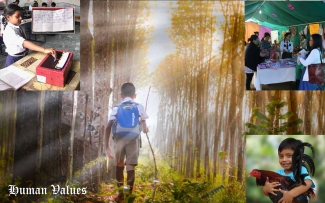
What is the true role of education in a person’s life? If we say that it is to equip a person with the knowledge and skills to be able to perform well in the world and to have a fruitful career, we will be only touching the tip of the iceberg. The true role of education is to teach a person how to ‘use’ knowledge. My students may know and remember accurately all the facts on a subject, but can they really discern what is good for them, the society and humanity? Do they make an effort to understand their surroundings, the environment and human behaviour? Do my students feel that they are valuable individuals because they have certain qualities that can make this world a better place? This section on ‘Human Values’ talks about how teachers can lead their students towards the answers to these questions. It is for those teachers who are motivated to build their students’ character, so they grow up as not just good citizens, but also good thinkers and leaders.
Benefits of this innovation
- Strengthens the students’ fundamental human values and sets them on the path to becoming responsible, conscious citizens.
- Hones their inherent qualities, including responsibility, confidence, co-operation, respect, and empathy.
- Influenced by the students, gradually their parents and community also develop a more positive outlook towards education.
Summary
Each activity featured as part of this innovation is focused on specific human values. The positive change in students and learning environment through all these activities can be ensured by carrying these out on a regular basis throughout the year, rather than as a one-time activity. Hence, the teacher plays an important role in enabling students to participate meaningfully.
Activities for classroom
- Scouts & Guides
- May I Help You?
- My Postbox, My Voice




Zero-Investment Innovations for Education Initiatives
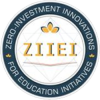
ZIIEI is an initiative of Sri Aurobindo Society. Working for over 55 years to transform Education, Sri Aurobindo Society has identified that the Zero Investment Innovations at grassroots in India can be one of the most game-changing accelerators in improving the quality of education.
ZIIEI has been facilitating wide-spread adoption of the most promising “zero-investment” innovations in Education, and helping the State to solve the toughest challenges of making education more effective and meaningful. Presently, it is proving to be a significant step in implementation of the vision of the State Government to establish UP as a role model state of Educational Transformation.
The ZIIEI platform brings together the scattered, isolated and yet-to-be–recognised individual innovations, and is making these collective and inclusive. Each school, educator, and student is intended to be part of a mutually-sustained ecosystem to address the gaps in education—with simple tools—and will earn recognition by the Education Community and the State Government for their successful ideas.
ZIIEI is inclusive innovation at its best also because of the fact that it brings together the government, the schools, and educators, non-governmental and corporate players. While ZIIEI, evolved in response to critical educational needs, has been designed under the guidance of the UP State Government, it is funded by HDFC Bank— a collaboration model that goes beyond even public-private partnership (PPP) to facilitate the best of ideas, research, knowledge-sharing and cross-sector collaborations.






